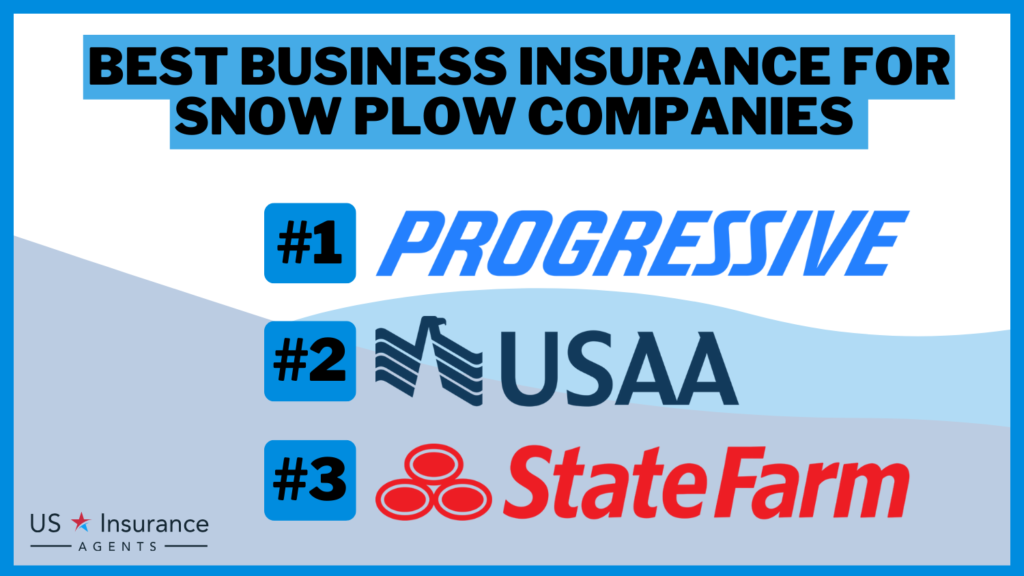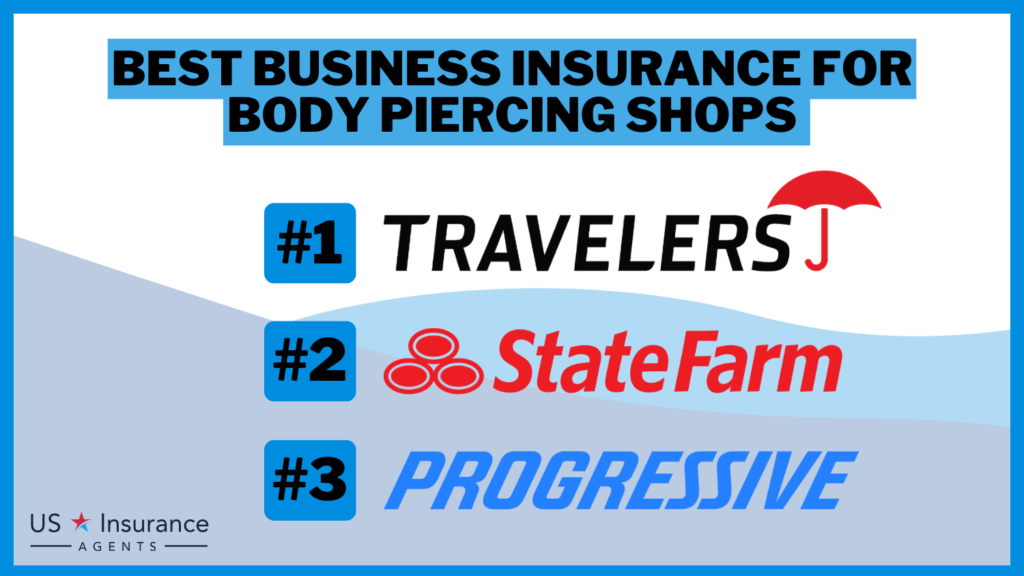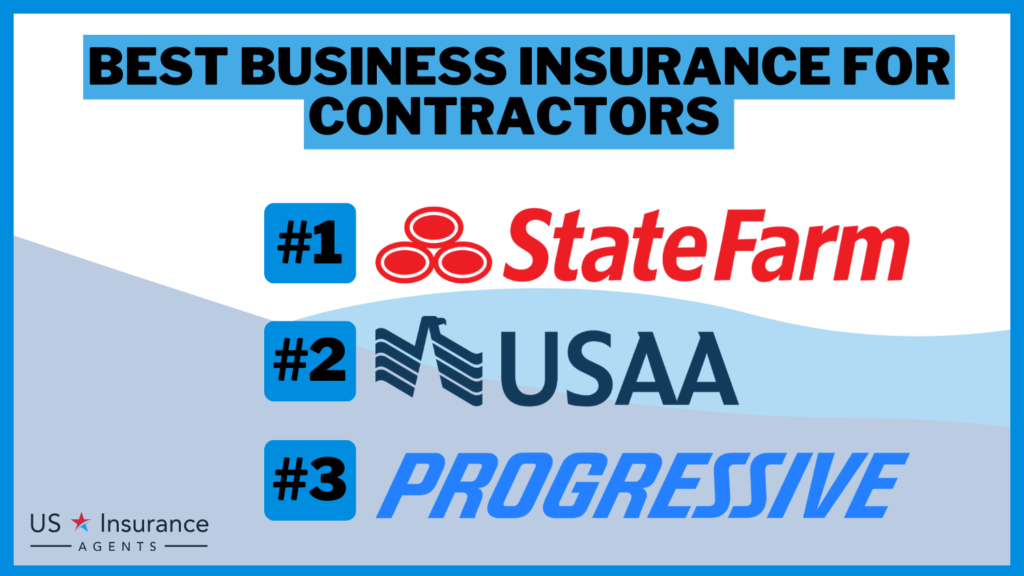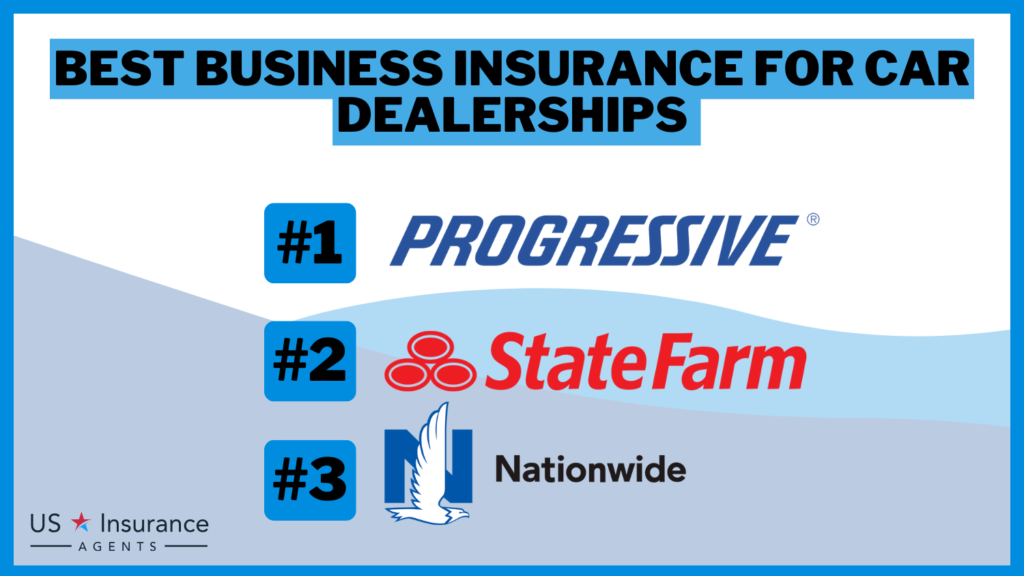Best Business Insurance for Tile Businesses (2026)
Secured with SHA-256 Encryption






Table of Contents
Table of Contents


Former Licensed Agent
Laura Walker graduated college with a BS in Criminal Justice with a minor in Political Science. She married her husband and began working in the family insurance business in 2005. She became a licensed agent and wrote P&C business focusing on personal lines insurance for 10 years. Laura serviced existing business and wrote new business. She now uses her insurance background to help educate...
Laura Walker


Licensed Insurance Agent
Tim Bain is a licensed life insurance agent with 23 years of experience helping people protect their families and businesses with term life insurance. His insurance expertise has been featured in several publications, including Investopedia and eFinancial. He also does digital marking and analysis for KPS/3, a communications and marking firm located in Nevada.
Tim Bain
Updated January 2025
- Insurance is essential for tile and stone installers to mitigate risks associated with their work.
- Tile and stone installers typically require general liability insurance, workers’ compensation insurance, commercial auto insurance, and contractor’s tools and equipment insurance.
- Insurance costs vary depending on factors such as the size of the business, number of employees, and coverage needs.
As a tile and stone installer, ensuring that your work is of the highest quality is crucial. However, it’s equally important to protect your business from potential risks. This is where insurance comes in. By having the right insurance coverage, you can safeguard your company against liabilities such as water damage, worker injuries, and stolen tools.
In this article, we will explore the key points regarding business insurance for tile and stone installers, the types of insurance you need, factors that affect insurance costs, and how to obtain coverage efficiently.
The Significance of Insurance for Tile Businesses: Safeguarding Against Risks and Liabilities
Insurance is essential for tile businesses due to the unique risks and liabilities they face. Here are a few reasons why insurance is important for tile businesses:
- Protection against Property Damage and Liability Claims: Accidents happen, and in the tile business, even a small mistake can lead to significant property damage. Whether it’s a client’s home or commercial property, insurance provides coverage for water damage, breakage, or other incidents that may occur during the installation process. Additionally, general liability insurance protects your business from third-party claims, such as a customer slipping and getting injured on your premises.
- Coverage for Worker Injuries: Tile businesses often employ workers who handle heavy materials and operate machinery. This work environment carries a higher risk of accidents and injuries. Workers’ compensation insurance ensures that your employees are protected if they sustain injuries on the job. It covers medical expenses, lost wages, and rehabilitation costs, easing the financial burden on both the employee and your business.
- Security for Tools and Equipment: As a tile business, your tools and equipment are crucial assets. In the event of theft, loss, or damage to these tools, contractor’s tools and equipment insurance provides coverage for repair or replacement costs. This ensures that you can continue your operations without incurring significant financial losses.
- Compliance with Legal Requirements: Depending on your location, there may be legal requirements mandating specific insurance coverages for tile businesses. For example, most states require businesses with employees to have workers’ compensation insurance. Compliance with these regulations is not only necessary to avoid penalties but also demonstrates your commitment to maintaining a safe and responsible business.
- Peace of Mind and Financial Stability: Running a tile business comes with inherent risks. By having the right insurance coverage, you gain peace of mind knowing that you are protected against unforeseen events. Insurance provides a safety net that safeguards your business and personal assets, ensuring that you can recover from unexpected incidents without facing overwhelming financial consequences.
Insurance is important for tile businesses because it provides protection against property damage, liability claims, worker injuries, and the loss of valuable tools and equipment. It also helps ensure compliance with legal requirements and offers peace of mind, allowing you to focus on growing your business with confidence.
Free Business Insurance Comparison
Compare Quotes From Top Companies and Save
Secured with SHA-256 Encryption
Comprehensive Insurance Coverage for Tile Businesses: Safeguarding Against Risks and Liabilities
As a tile business owner, it’s crucial to have the right insurance coverage to protect your business from various risks and liabilities. Here are the key types of insurance that are particularly important for tile businesses:
- General Liability Insurance: General liability insurance is a foundational coverage for tile businesses. It provides protection against third-party claims for bodily injury, property damage, or personal injury. For example, if a customer slips and falls on a wet tile surface and sues your business, general liability insurance can cover the legal expenses, medical costs, and any potential settlements or judgments.
- Commercial Property Insurance: Commercial property insurance is essential for tile businesses that have a physical location or own valuable equipment and inventory. It helps protect your business property, including your office space, tools, machinery, and supplies, from covered perils such as fire, theft, vandalism, or natural disasters.
- Workers’ Compensation Insurance: If you have employees working for your tile business, workers’ compensation insurance is typically mandatory in most states. This coverage provides benefits to employees who suffer work-related injuries or illnesses. It covers medical expenses, rehabilitation costs, and lost wages, and it can also protect your business from potential lawsuits related to employee injuries.
- Commercial Auto Insurance: If your tile business operates vehicles for transportation, delivery, or other business purposes, you need commercial auto insurance. This coverage protects your business vehicles from accidents, damage, theft, and vandalism. It also provides liability coverage if your business vehicle causes bodily injury or property damage to others.
- Contractor’s Tools and Equipment Insurance: The tools and equipment used by tile businesses are essential for their operations. Contractor’s tools and equipment insurance provides coverage for the repair, replacement, or loss of your valuable tools and equipment. It protects against risks such as theft, damage, or accidental loss, ensuring that your business can continue smoothly even if your tools are compromised.
- Professional Liability Insurance: Professional liability insurance, also known as errors and omissions insurance, is crucial for tile businesses that provide design or consulting services. It covers claims arising from errors, mistakes, or professional negligence that may occur during the design or installation process. Professional liability insurance can help cover legal fees, damages, and settlements in case a client alleges financial losses due to your professional advice or services.
These are the key types of insurance that tile businesses should consider to mitigate risks and protect their assets. The specific insurance needs may vary based on the size of your business, the number of employees, and the nature of your operations. Consulting with an insurance professional can help you determine the most suitable coverage options for your tile business.
Deciphering Insurance Costs for Tile Businesses: Unveiling the Factors That Shape Premiums
The cost of insurance for a tile business can vary depending on several factors. It’s important to understand these factors as they contribute to determining the premiums you’ll pay. Here are some key considerations that can affect the cost of insurance for your tile business:
- Business Size and Revenue: The size of your tile business, including the number of employees and annual revenue, can impact insurance costs. Generally, larger businesses with more employees and higher revenues may have higher insurance premiums due to increased exposure to risks and potential liabilities.
- Coverage Needs: The extent of insurance coverage you require for your tile business will influence the cost. The more comprehensive the coverage, the higher the premium. Consider the specific risks associated with your operations, such as the value of your equipment, the scope of projects you undertake, and the potential liability exposures. Tailoring your coverage to address these risks will affect the cost.
- Business Location: The geographic location of your tile business can impact insurance costs. Insurance rates can vary based on factors such as local regulations, crime rates, weather patterns, and proximity to potential hazards or high-risk areas. For example, if your business is located in an area prone to natural disasters, you may have higher property insurance premiums.
- Claims History: Insurance companies often consider your claims history when determining premiums. If your tile business has a track record of frequent claims or higher claim amounts, it may result in increased premiums. Conversely, maintaining a claims-free history can help lower your insurance costs.
- Safety Measures and Risk Management: Implementing robust safety measures and risk management practices can positively impact your insurance premiums. Insurance providers may offer discounts or favorable rates to businesses that demonstrate proactive measures to minimize risks, such as regular safety training, proper equipment maintenance, and adherence to industry best practices.
- Deductibles and Coverage Limits: The deductibles and coverage limits you choose for your insurance policies can influence the cost of insurance. Higher deductibles typically lead to lower premiums, but it means you’ll pay more out of pocket in the event of a claim. Similarly, higher coverage limits can result in increased premiums to ensure sufficient protection.
It’s important to note that insurance costs can vary significantly depending on your specific business circumstances and the insurance provider you choose. To get an accurate estimate of insurance costs for your tile business, it’s recommended to consult with multiple insurance providers, provide accurate information about your business, and evaluate the coverage options and premiums they offer.
Remember, while cost is a significant consideration, it’s equally important to prioritize adequate coverage that effectively protects your tile business against potential risks and liabilities.
Get a FREE Quote in Minutes
Insurance rates change constantly — we help you stay ahead by making it easy to compare top options and save.








